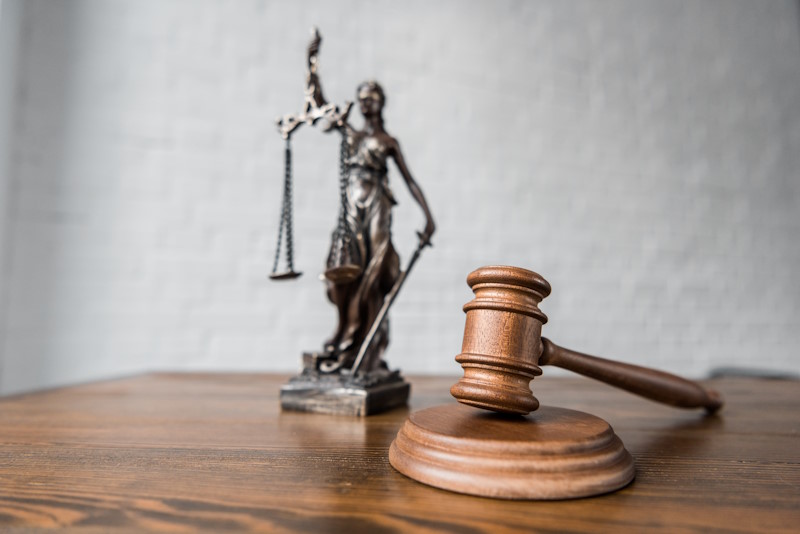Defense Department Qui TamThe False Claims Act serves as a critical tool in protecting both businesses and the government from fraud. When whistleblowers courageously come forward to expose those who committed the fraud, that begins a qui tam case. Berg & Androphy has consistently offered reliable and supportive legal counsel to these whistleblowers, demonstrating a steadfast commitment to justice. Now, we are proud to announce our specialized focus on False Claims Act cases (qui tam cases) involving fraud against the four branches of the Defense Department: Army, Navy, Air Force and Marine Corps. From overcharging and billing for undelivered services to substituting inferior products and misrepresenting costs, there are many examples of military fraud. Berg & Androphy is here to stand against fraud and advocate for justice. Contact us for legal representation, information, and support. Berg and Androphy also specializes in commercial litigation, plaintiffs personal injury, and white collar criminal defense. |
What is Qui Tam? |
Qui Tam OverviewThe attorneys at Berg & Androphy have extensive involvement in prosecuting qui tam litigation cases and international corruption cases. The firm represents whistleblowers nationwide in many large Medicaid/Medicare health care fraud cases and defense contractor cases, as well as other types of cases involving fraud against the government. |
Qui Tam StatisticsStatistical data gives us detailed information on trends in qui tam cases. For example, we have created a chart that lists the total number of qui tam cases filed since 1988 and data showing total recoveries from cases where the Department of Justice intervened compared to recoveries awarded in cases that the DOJ declined. |
Qui Tam Case TypesSince the revitalization of the False Claims Act (”FCA”) by the 1986 Amendments, the government has aggressively pursued civil, criminal, and administrative actions against those who swindle money from the federal treasury through kickbacks, fraudulent claims, or off-label marketing, just to name a few. |
Success StoriesWhistleblowers who file qui tam lawsuits have multiple allegations about fraud and retaliation. Some of these cases are summarized for your review. These particular cases deal with Medicaid fraud allegations. The attorneys at Berg & Androphy have many cases currently under seal and being evaluated by the federal and state governments. |
RetaliationCongress specifically stated that whistleblower protection laws extend to the qui tam whistleblower, anyone assisting the qui tam whistleblower, and anyone working with the government “in furtherance of” an FCA action. The qui tam whistleblower must prove the cause of action by a preponderance of the evidence. |
Nationwide PracticeThe law firm of Berg & Androphy has a nationwide practice representing qui tam/whistleblower clients in lawsuits throughout the country. The firm maintains its principal offices in Houston, Texas and New York, New York with offices in Washington, D.C., Denver, Colorado and Miami, Florida. |
Qui Tam ResultsJoel M. Androphy and Janis Gorton along with the United States and the State of Texas, have reached a $5 million settlement in a False Claims Act case against Health Services Management, Inc. and Huntsville Health Care Center involving billing for poor quality of care to nursing home patients. |
Qui Tam FAQsPlease explore the following frequently asked questions often asked by whistleblowers about qui tam cases. Questions such as “As a whistleblower, what do I need to know before hiring a qui tam attorney?” |
Qui Tam Articles
In order to assist whistleblowers and corporate defendants with questions about the False Claims Act, we have written several published articles on qui tam laws.
Qui Tam Videos
Representing Clients Nationwide
David Berg represents whistleblowers, or the relator, nationwide in many large Medicaid/Medicare health care fraud cases as well as other types of cases involving fraud against the United States government.
Healthcare Qui Tam
Defense Contractor Fraud
IRS Tax Fraud Cases
Free Consultation
Questions about the False Claims Act, Tax Fraud or the Financial Fraud Programs and whether or not you have a case? Submit our confidential form and the Law Offices of David Berg will evaluate your potential case immediately.

